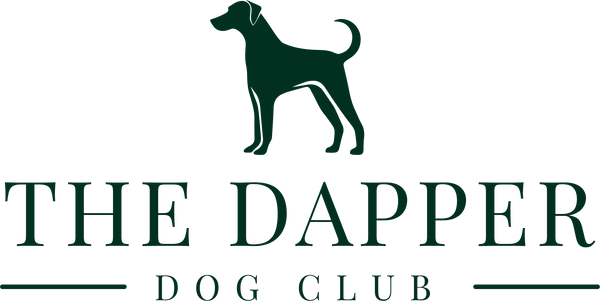Embark on the journey of socialisation to shape your puppy into a confident and friendly companion. In this guide, we'll stress the importance of early socialisation, outlining a plan to expose your pup to various environments, people, and other animals to foster positive behaviour.
1. The Importance of Early Socialisation: A Foundation for a Well-Adjusted Dog
Early socialization is the cornerstone of a well-adjusted and sociable dog. The critical period for socialization occurs between 3 and 14 weeks, during which puppies are most receptive to new experiences. Exposing them to a variety of stimuli during this time sets the stage for a confident, adaptable, and friendly adult dog.
2. Creating Positive Associations: Making New Experiences Enjoyable
Ensure that every new experience is associated with positivity. Use treats, praise, and play to create positive associations with various environments, sounds, and people. Make the experiences enjoyable, rewarding your pup for calm and curious behavior. This positive reinforcement builds their confidence and establishes a positive outlook on the world around them.
3. Exposure to Various Environments: Broadening Their Comfort Zone
Expose your pup to a diverse range of environments to broaden their comfort zone. Introduce them to different surfaces, textures, and settings, such as parks, streets, and indoor spaces. Gradually increase the complexity of the environments, ensuring your pup feels secure and relaxed in various situations. This exposure builds resilience and adaptability.
4. Interaction with People: Fostering Friendliness and Trust
Encourage positive interactions with a variety of people, including different ages, genders, and ethnicities. Allow your pup to approach new individuals at their own pace, rewarding friendly behavior. This helps build trust and ensures your dog becomes comfortable around a diverse range of people, reducing the likelihood of fear-based reactions.
5. Playdates and Socialising with Other Dogs: Canine Companionship
Facilitate positive interactions with other dogs through playdates and controlled socialization. Choose well-behaved and vaccinated dogs, allowing your pup to learn appropriate social cues and play behavior. Supervise interactions, intervene if needed, and reward positive interactions. This early exposure lays the foundation for healthy canine relationships.
6. Ongoing Socialisation: Lifelong Learning and Adaptation
Socialization isn't a one-time event; it's a lifelong process. Continue exposing your dog to new experiences, people, and environments throughout their life. Attend training classes, visit new places, and provide opportunities for positive interactions. This ongoing socialisation ensures your dog remains adaptable, friendly, and well-adjusted as they grow into adulthood.
Embark on the journey of socialisation with these principles in mind, and watch as your puppy blossoms into a confident, friendly, and well-mannered companion. Socialization is not just a task—it's a gift you give to your dapper dog, shaping their worldview and enriching their lives with positive experiences. Get ready for a lifetime of joyful companionship with a pup who embraces the world with confidence and friendliness.
